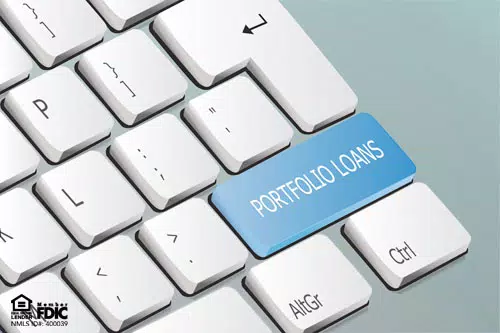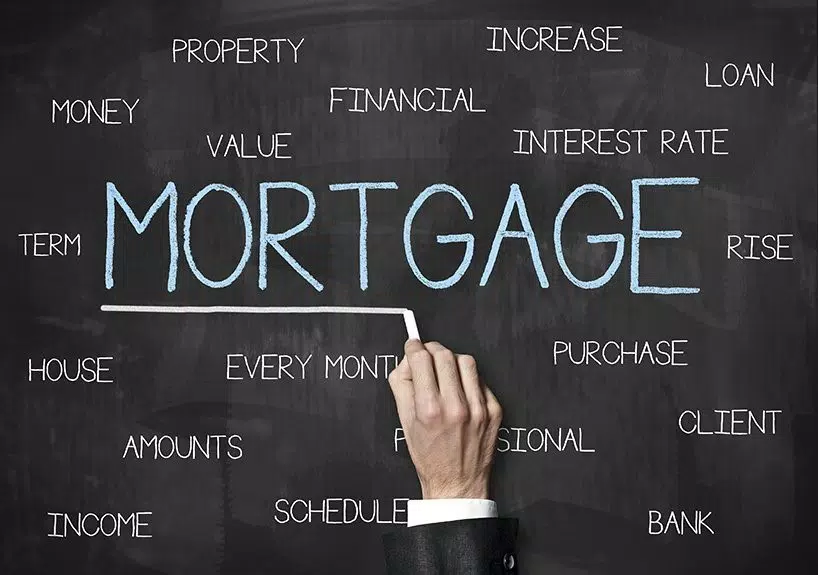Luxury homes and areas in very competitive real estate markets can require large loans to finance a purchase. Most lenders generally call a loan over $548,250 a jumbo loan. With these types of loans, you cannot access government-sponsored loan programs such as Freddie Mac and Fannie Mae.
Jumbo loans are very similar to Freddie Mac and Fannie Mae loans, also known as conforming loans. However, there are some differences in the cash reserves requirements, the credit score range, and the down payment amounts.
Features of a Jumbo Loan
Jumbo loans are also called non-conforming mortgages since they do not “conform” to the loan limits that have been set by Freddie Mac and Fannie Mae. These types of loans are riskier to investors since they don’t have the backing of Freddie or Fannie if the borrower defaults on the loan. Like other loan types, you can get either a fixed interest rate or an adjustable rate on a jumbo loan.
These loans can finance a primary home, investment properties, and vacation or secondary homes. The maximum loan amount will vary by the lender. The state and county also have jumbo mortgage maximums. High-cost areas such as Alaska, Hawaii, Guam, and the U.S. Virgin Islands have raised their limit to $822,375. You should check with the state and country you wish to purchase the home to verify the maximum limit.
Qualifying for a Jumbo Loan
The underwriting guidelines for a jumbo loan tend to be much stricter than those for other types of mortgage loans. This is because the loan won’t be backed by a government entity, reducing the lender's risk. The lender makes more profit with these mortgage types since the loan's value is higher, and borrowers tend to be wealthier.
Your lender will review your tax returns, W-2s, 1099s, bank statements, and investment account information. Be prepared to have these documents on hand to prove your financial health.
A lender might also require that you undergo a second appraisal of the property. This additional process will increase your closing costs. In most cases, a lender will look for a down payment of between 15% and 20% of the value of the home. Lower down payments could result in a higher interest rate on the loan. Jumbo loan borrowers usually don’t have to pay private mortgage insurance (PMI) even if they fall below the 20% down payment required by conventional mortgage loans.
As with other types of mortgage loans, it is in your best interest to shop around and compare rates for jumbo loans. Each lender has requirements and fees that could affect what you pay.
Benefits of a Jumbo Loan
A key benefit of a jumbo loan is that it allows borrowers to go outside the limitations and restrictions of Freddie Mac and Fannie Mae. The interest rate that you receive is typically still very competitive. It allows you to finance your home without being constrained by the limits set on conforming loans.
It’s typically more convenient to finance a property through one jumbo loan rather than trying to get two conforming loans. However, you must understand your monthly payments on a jumbo loan.
You want to ensure you can keep up with the payments without stretching your financial capacity. Several calculators can help you determine how much home you can afford, which can help establish an acceptable price range before starting your home search.
Our experts at NASB can help you get a jumbo loan on your next home. Call us today at 888-661-1982 to get started.




